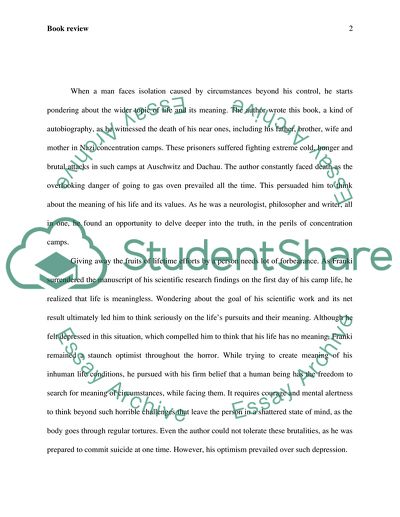Cite this document
(Mans Search for Meaning by Victor Franki Book Report/Review, n.d.)
Mans Search for Meaning by Victor Franki Book Report/Review. Retrieved from https://studentshare.org/psychology/1872455-viktor-frankls-mans-search-for-meaning-review
Mans Search for Meaning by Victor Franki Book Report/Review. Retrieved from https://studentshare.org/psychology/1872455-viktor-frankls-mans-search-for-meaning-review
(Mans Search for Meaning by Victor Franki Book Report/Review)
Mans Search for Meaning by Victor Franki Book Report/Review. https://studentshare.org/psychology/1872455-viktor-frankls-mans-search-for-meaning-review.
Mans Search for Meaning by Victor Franki Book Report/Review. https://studentshare.org/psychology/1872455-viktor-frankls-mans-search-for-meaning-review.
“Mans Search for Meaning by Victor Franki Book Report/Review”, n.d. https://studentshare.org/psychology/1872455-viktor-frankls-mans-search-for-meaning-review.


